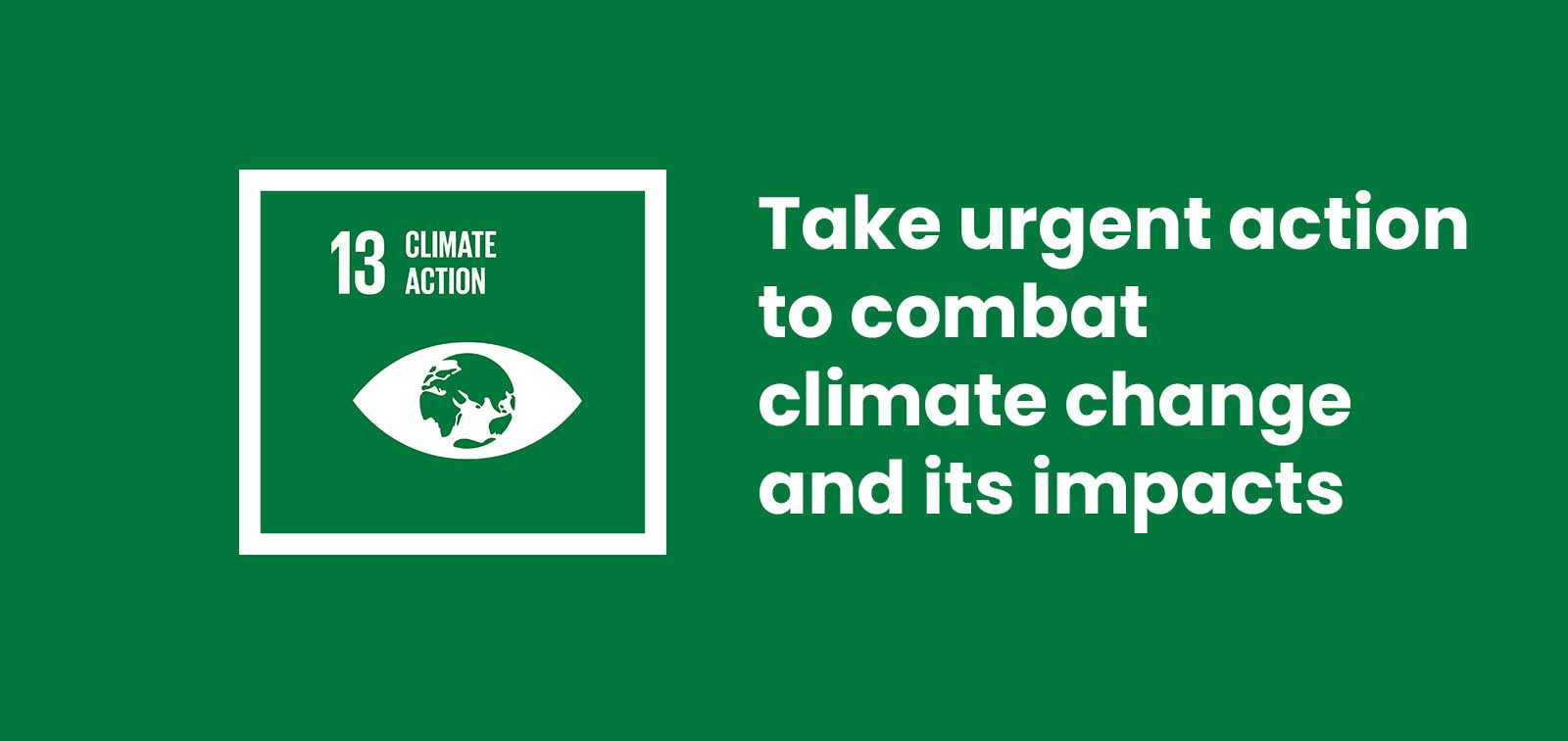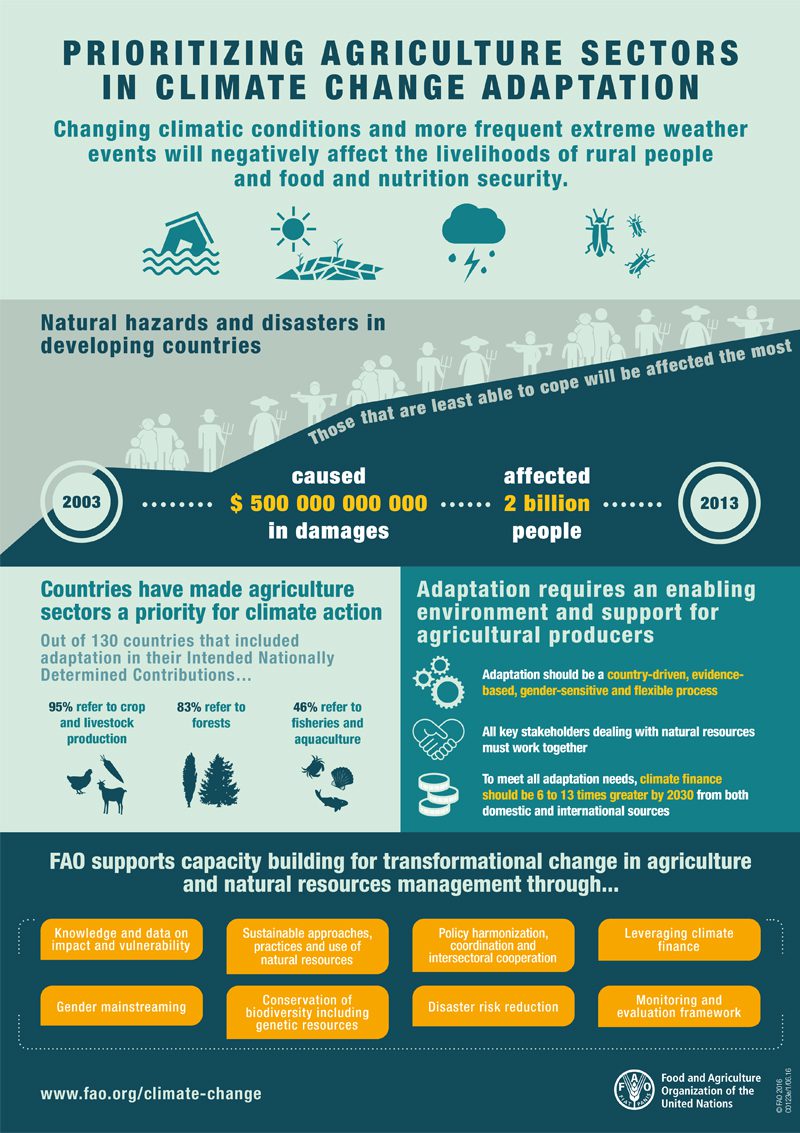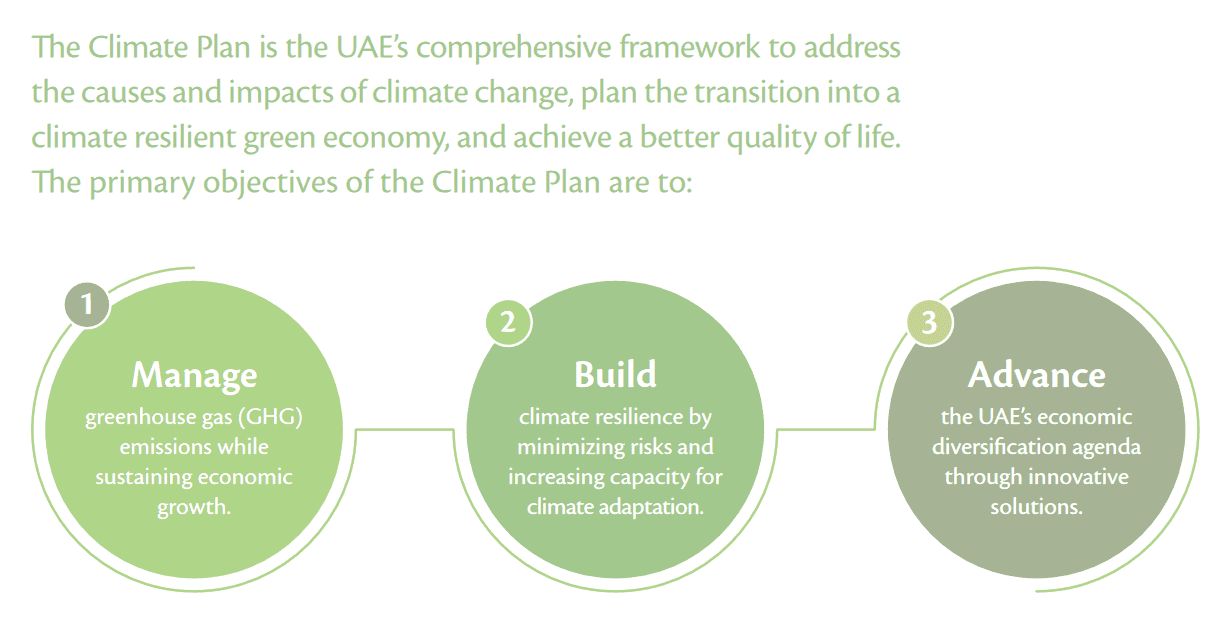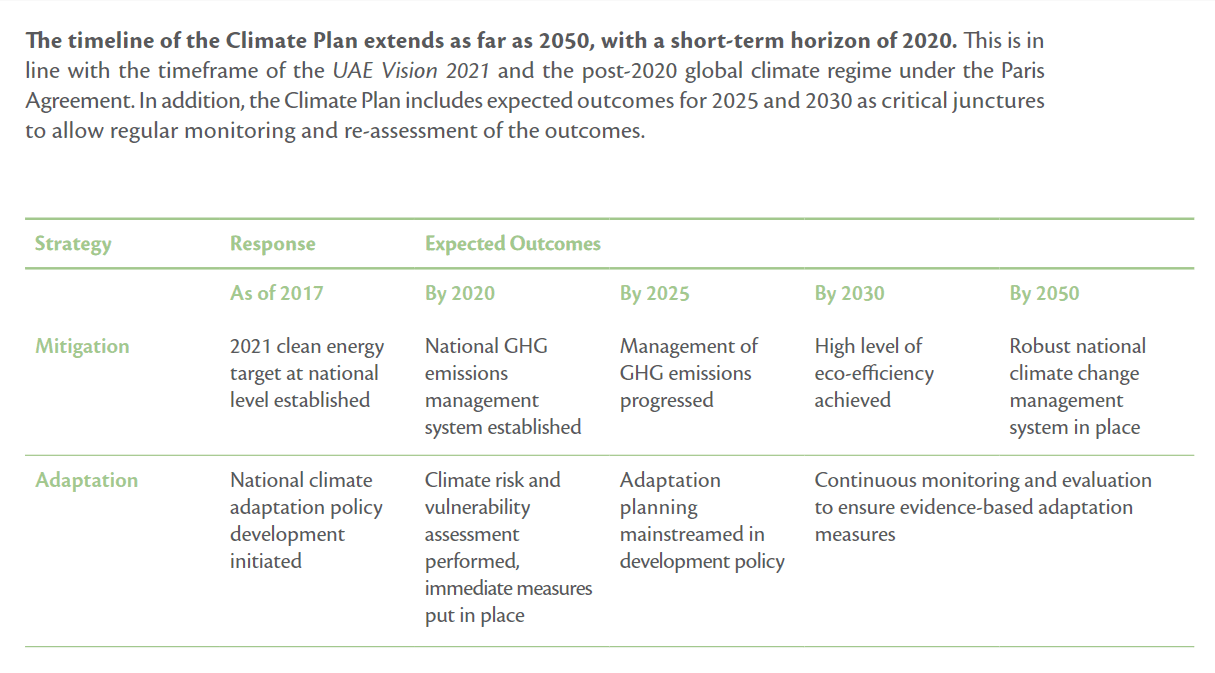Urgent action to combat climate change and its impacts
The global community is dangerously lagging behind on commitments required to reverse the climate crisis our planet is facing. According to scientific prognoses, the climate crisis is bound to have catastrophic consequences for mankind and the entire planet. The world just has a narrow time frame left to halt those developments. Strict and mandatory political measures are key to achieving necessary climate action as postulated by SDG 13.
2019 was the second warmest year on record and global average temperatures are projected to rise further by as much as 3.2°C by 2100 which will adversely affect every single ecosystem. In the Paris Agreement from 2015, countries had agreed to a long-term goal of limiting global warming to 1.5°C above pre-industrial levels, necessary to avert the most devastating impacts of climate change. Covid-19 may result in a temporary 6% drop in greenhouse gas (GHG) emissions in 2020 as per UN estimated – still short of the 7.6% annual reduction required to limit global warming to 1.5°C.
The price of inaction is high. Already, we are seeing how climate change increases the frequency and severity of natural disasters such as massive wildfires, droughts, hurricanes, or floods – affecting 39 million people in 2018 – and exacerbates threats such as food and water scarcity, which can lead to conflict. We have not just an obligation but also an opportunity to take actions that lead to more jobs, greater prosperity, and better lives for all while reducing emissions and increasing adaptation. Affordable, scalable solutions are now available to enable countries to leapfrog to cleaner, more resilient economies.

Targets and progress
Despite there being no country in the world that is not experiencing first-hand the drastic effects of climate change, strengthening the resilience and adaptive capacity of more vulnerable regions, such as landlocked countries and island states, must go hand in hand with efforts to raise awareness and integrate measures into national policies and strategies everywhere.
The annual average losses from earthquakes, tsunamis, tropical cyclones, and flooding alone amount to hundreds of billions of dollars, requiring an investment of $6 billion annually just for disaster risk management. SDG 13 aims to mobilize jointly $100 billion annually by 2020 from all sources to address the needs of developing countries, help mitigate climate-related disasters, and fully operationalize the Green Climate Fund through its capitalization as soon as possible.
Targets set by SDG 13 centre around strengthening the resilience and adaptive capacity to climate-related hazards and natural disasters in all countries, reducing deaths and injuries from such disasters and improving national and local risk management capacities, and integrating climate change measures into national policies, strategies, and planning. There is a regional focus on least developed countries (LDCs) and small island developing countries (SIDCs) as well as a thematic focus on women, youth, and local and marginalized communities.

Climate action: A critical goal for the UAE
Given the countries climate and environmental conditions, as well as its economic and industrial development, SDG 13 is one of the most crucial goals the country needs to work hard to achieve. High carbon emissions from the UAE’s industrial operations represent a challenge and this is reflected in the current score of only around 32% achievement of the goal. The Ministry of Climate Change and Environment is leading the implementation of SDG 13 by proposing legislation, plans, strategies, and policies to mitigate the impact of climate change in the UAE. Additionally, the ministry engages in international climate change negotiations through close coordination with all concerned stakeholders to address global climate challenges.
The National Climate Change Plan 2017-2050 is a comprehensive framework to transition into a climate-resilient green economy, while managing greenhouse gas emissions, minimizing climate risks, and increasing climate adaptation capabilities. At the heart of the plan is the national clean energy target of 50% by 2050, to be achieved through the deployment of large-scale nuclear and renewable energy projects. The UAE’s efforts in renewable energy projects contribute to the progress in reducing carbon emissions. According to forecasts by IRENA, the region is on track to leverage renewables to reduce the power sector’s carbon dioxide emissions by 22% by 2030.
Furthermore, various cross-sectoral efforts are underway to increase energy and water efficiencies in order to reduce harmful greenhouse gas emissions, including the introduction of tariff reforms, building codes, district cooling, appliance efficiency standards, demand-side management programs, and mass public transport systems. On climate adaptation, a National Adaptation Program was launched in 2017 to develop awareness and adaptive measures for key sectors such as health, infrastructure, energy, and water.
The UAE’s long-term visions related to climate action place a strong emphasis on engaging the private sector and other stakeholders in developing innovative solutions, based on the belief that while challenging, climate change is not only a threat but an opportunity for growth through partnerships and innovation. Some highlights of the country’s green innovations include the UAE Research Programme for Rain Enhancement Science which addresses water security challenges, sustainable means of public transport like Dubai Metro or Dubai Tram, the International Centre for Biosaline Agriculture (ICBA) which is working towards sustainable agricultural production in saline and marginal environments, as well as companies advancing atmospheric water generation creating water from air humidity.


Examples for impactful business action
Among the key business themes addressed by SDG 13 are energy efficiency, environmental investments, GHG emissions, and risks and opportunities due to climate change. Concrete steps that businesses – regardless of their industry – can take to reduce their negative impact on the climate are:
- Set science-based emission reduction targets
The broad adoption of science-based targets (SBTs) by businesses has the potential to catalyse systemic change by driving GHG emission reductions in the economy that significantly contribute to bringing down GHG emissions at the global level, driving innovation and deployment of low-carbon solutions through ambitious targets, promoting SBTs throughout their value chains, catalysing more ambitious climate goals at the national level through a strong signal to governments in support of ambitious climate policy, and shifting investment flows to support the transition to a net-zero economy by providing banks and investors with a framework to align their portfolios with.
The UN Global Compact’s Science Based Targets initiative (SBTi) launched in 2015 aimed for companies across the globe to set targets to reduce their GHG emissions according to what science showed was needed to avert dangerous climate change. For the highest emitting sectors, the necessary steps are particularly transformative but the number of companies that have joined the initiative (700+ as of 2019) as well as the variety of sectors and geographical origin shows that operating within the scientific threshold for a climate-safe world can be aligned with a successful business and economy.
- Put a price on carbon
By setting an internal carbon price high enough to materially affect investment decisions, GHG emissions can be controlled effectively. Companies can demonstrate their commitment by publicly advocating the importance of carbon pricing through policy mechanisms that consider country-specific economies and policy contexts and communicating on their progress in public corporate reports. As a benchmark, the UN Global Compact calls on companies to set an internal price at a minimum of $100 per metric ton over time.
- Engage responsibly in climate policy
Companies play an important role in providing proactive, constructive input for governments to create effective climate policies. While making a commitment to sustainability is important, it is also critical to reflect this commitment in your corporate policy positions.
Several organizations have come together to provide a framework: The Caring for Climate initiative has partnered with the World Resources Institute (WRI), the Carbon Disclosure Project (CDP), the World Wildlife Fund (WWF), Ceres, and The Climate Group, asking businesses for a commitment to engage responsibly in climate policy by adopting core elements of legitimacy, opportunity, consistency, accountability, and transparency: Identify the risks, opportunities, and influences on the company’s climate change policies, align internal practices and external messages and report publicly on climate change policy influences.
[cmsms_divider type=”solid” margin_top=”50″ margin_bottom=”50″ animation_delay=”0″]

Carolin Hussein
Carolin started her career at a grassroots NGO in Cairo working on various projects ranging from economic development and community empowerment to health and social inclusion.
Since coming to the UAE in 2009, Carolin has balanced working at the country’s biggest German-speaking publication and completing her Master’s degree in Sustainable Development Cooperation.
Carolin’s goal is to make a difference for the public. For her that means working on a few key issues, with an emphasis on social and environmental projects that can foster new ideas, establish cross-sectoral partnerships, and achieve tangible results that serve the public interest.
Carolin joined Goumbook in 2020.




